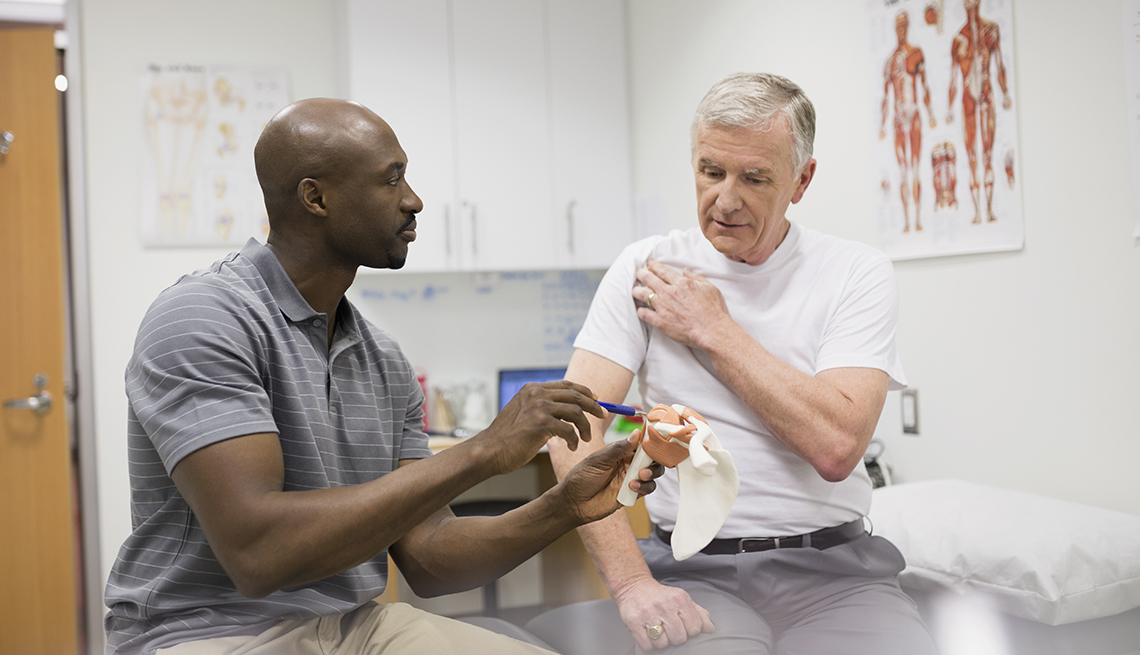Enhancing Rehab Outcomes Via Effective Practical Motion Screening Guidelines
Enhancing Rehab Outcomes Via Effective Practical Motion Screening Guidelines
Blog Article
Operational Movement Screening (FMS) is a beneficial tool used to evaluate an individual's movement mechanics. This screening aids identify any weaknesses or imbalances in the musculoskeletal system, which can lead to harm if not addressed. In rehabilitation settings, FMS can serve a critical role in enhancing rehabilitation results. By understanding how each person navigates, healthcare professionals can develop targeted recovery programs that concentrate on improving power, flexibility, and general function.
One of the main benefits of using FMS in rehabilitation is its capability to pinpoint particular areas that need enhancement. For instance, if a patient has difficulty with squat movements or lunging, it may suggest a lack of flexibility in their hip joints or ankles. This data allows therapists to formulate personalized exercise programs that emphasize addressing these shortcomings. As a consequence, patients are more likely to regain their strength and ability, which is crucial for resuming to daily tasks or athletics.
Incorporating effective FMS procedures can also help avoid future harm. Many injuries happen due to poor movement mechanics or excessive use you can try here of certain muscular clusters. By screening patients before they begin a rehabilitation program, therapists can identify hazards and establish strategies to minimize them. Informing patients about appropriate mobility mechanics and strengthening underdeveloped aspects can lead to long-term advantages, promoting that they remain active and fit.
Additionally, the use of FMS can enhance communication between healthcare providers and clients. When patients see their mobility mechanics assessed and clarified, they gain a better understanding of their recovery process. This transparency fosters trust and motivates patients to take an active part in their recovery. By involving patients in their rehabilitation journey, they are more likely to follow to recommended exercises and behavioral changes that promote better results.
In conclusion, enhancing recovery results through effective functional mobility screening protocols is crucial for both clients and healthcare professionals. By accurately evaluating mobility patterns, clinicians can create tailored rehabilitation plans that address individual needs. This not only aids in recovery but also assists avoid future injuries. As patients become more involved in their rehabilitation journey, they straight from the source are likely to attain their goals and sustain a fit, active way of living.